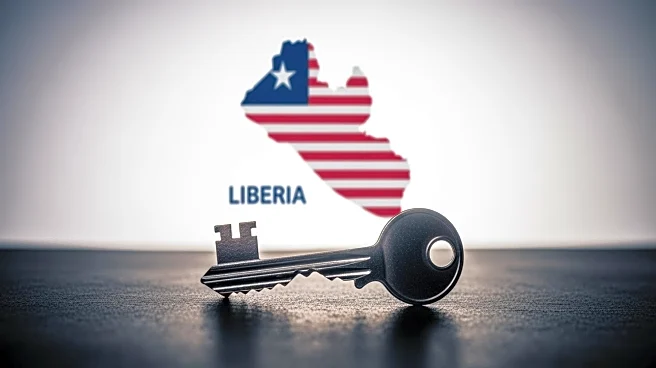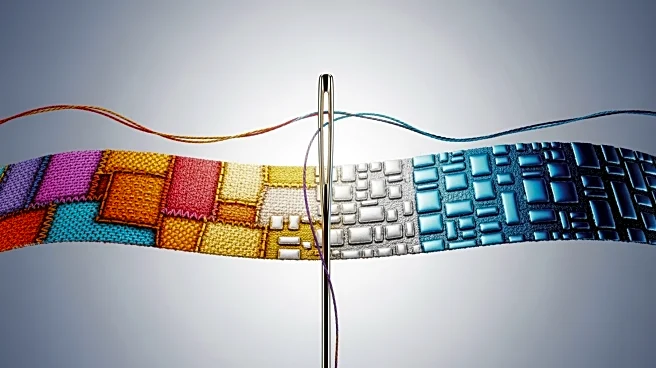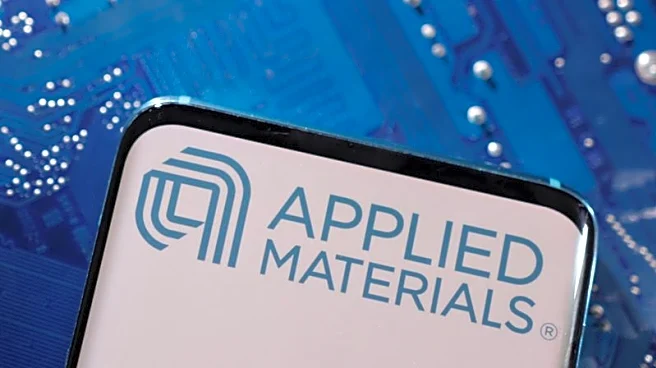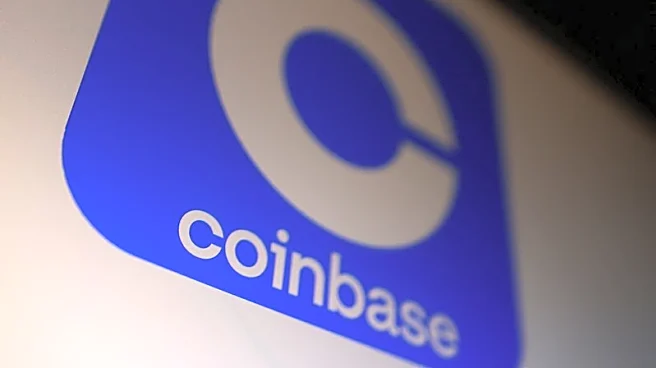What's Happening?
The Trump administration has proposed a plan to deport Kilmar Armando Abrego Garcia, a Salvadoran immigrant, to Liberia. Abrego Garcia was wrongfully deported to El Salvador in March and has since become
a symbol of President Trump's aggressive deportation agenda. After being brought back to the U.S. to face criminal charges, he is currently held by immigration officials. The Justice Department has filed a brief indicating that Liberia has agreed to accept him, with deportation potentially occurring by October 31. However, this plan may face delays if Abrego Garcia's lawyers challenge the decision.
Why It's Important?
This development is significant as it highlights the complexities and challenges of the U.S. immigration system under the Trump administration. The case of Abrego Garcia illustrates the administration's commitment to its deportation policies, even in situations involving wrongful deportation. The proposal to send him to Liberia, a country with no prior connection to him, raises questions about the ethical and legal implications of such deportation strategies. It also reflects the administration's determination to prevent certain individuals from remaining in the U.S., impacting immigrant communities and legal proceedings related to deportation.
What's Next?
The proposed deportation of Abrego Garcia to Liberia may face legal challenges from his attorneys, potentially delaying or altering the plan. The case could set a precedent for how similar situations are handled in the future, influencing immigration policy and legal standards. Stakeholders, including immigrant rights groups and legal experts, are likely to scrutinize the administration's approach, potentially leading to broader discussions on deportation practices and international agreements regarding immigrant transfers.










